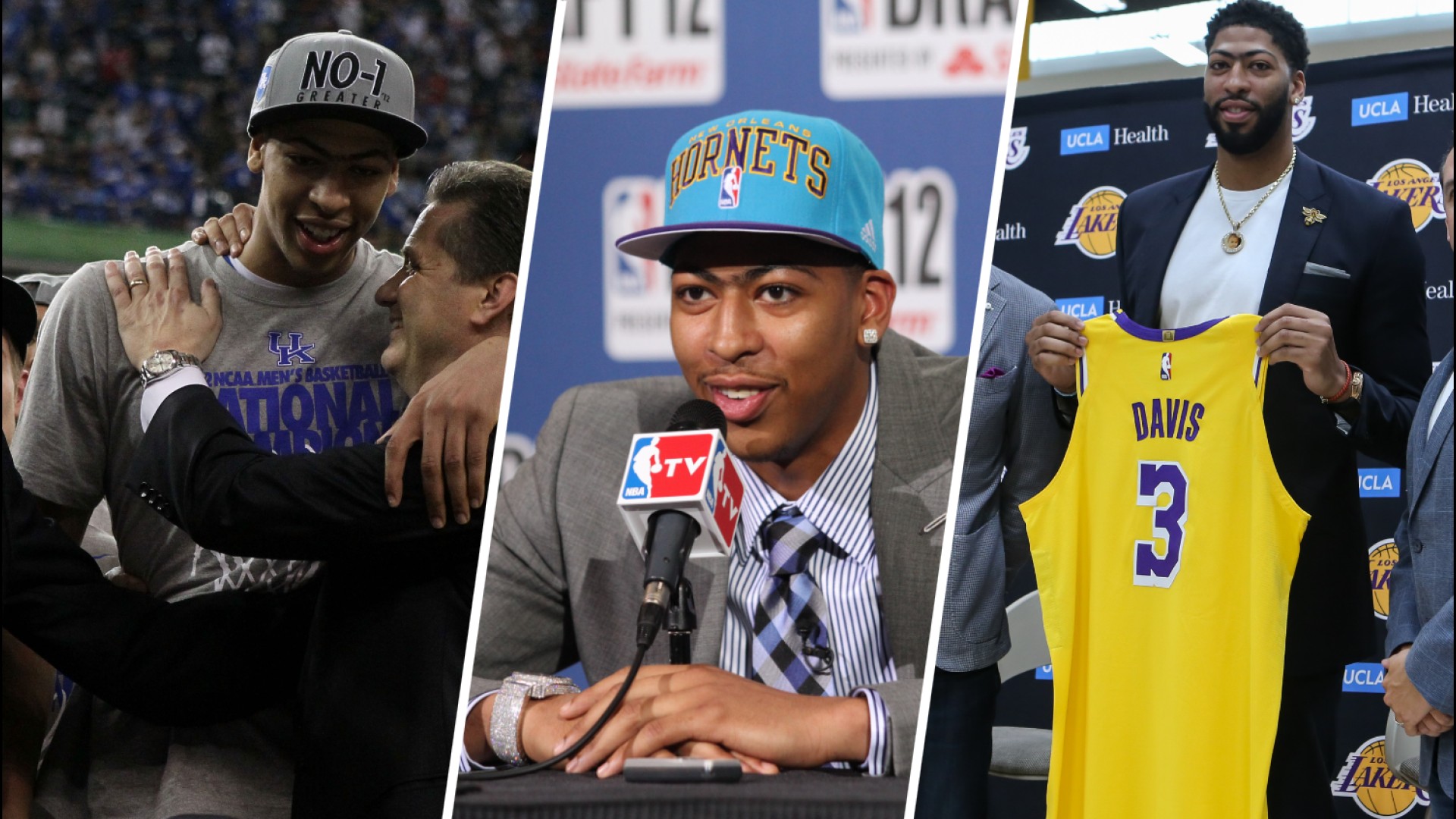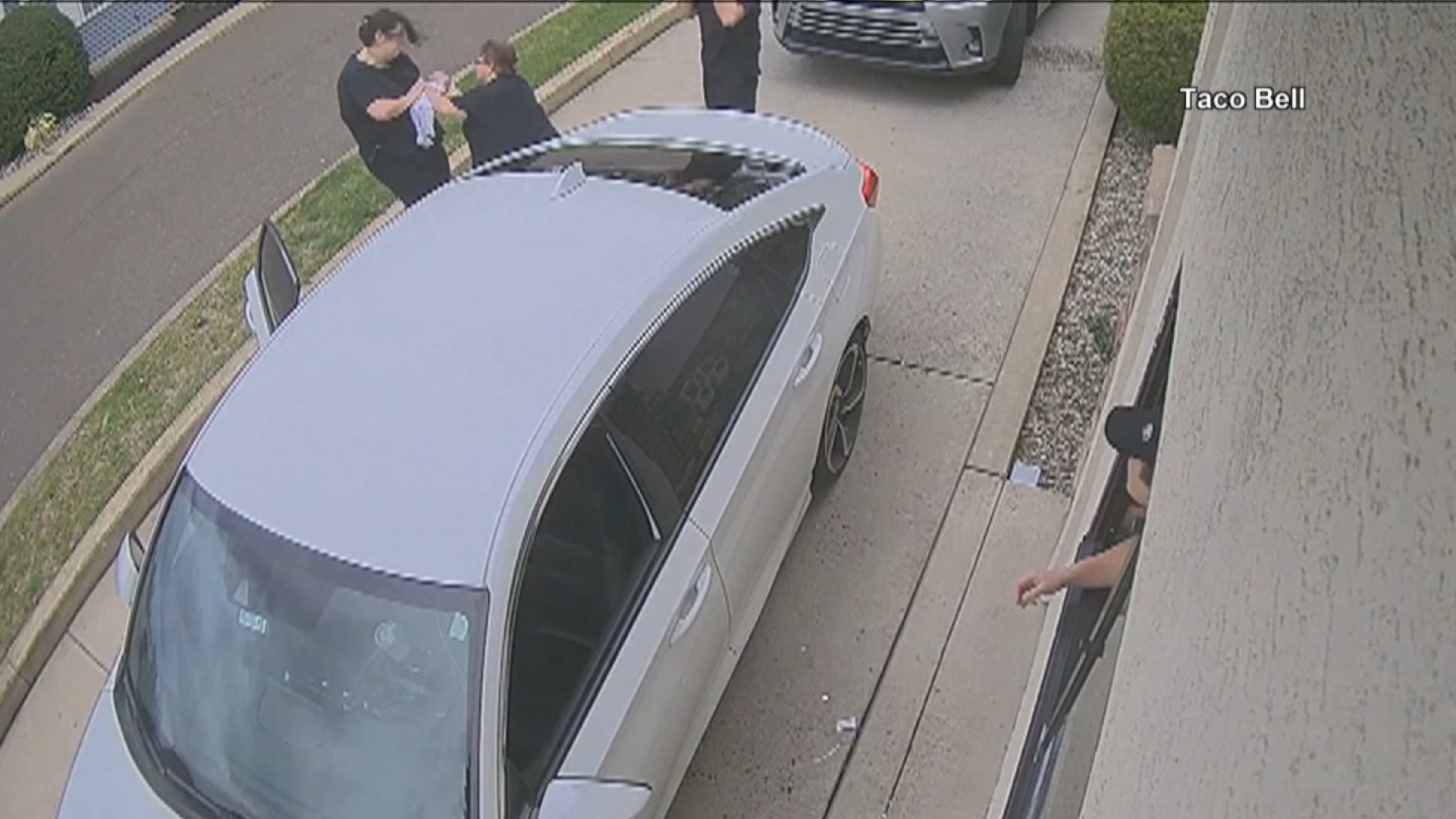
It was supposed to be a short, easy off-season. No big-name free agents
hitting the block, unless you count Nene and Marc Gasol (nope), just a
lot of small, quick signings and quiet roster-bolstering as teams
prepare for their very short pre-seasons and incredibly strenuous
regular seasons. But then that wisenheimer Chris Paul had to go and tell
the New Orleans Hornets that he wasn't going to sign an extension with
them, pushing them to look to trade the superstar point guard. And now
nothing is as it should be.
As of 6:00 pm today, it looked like a done deal that Chris Paul was going to be traded to the Lakers. In all likelihood, it was a
done deal—New Orleans was gonna send CP3 to the Lakers for forwards Pau
Gasol and Andrew Bynum, then turn around and deal Gasol to the Houston
Rockets in exchange for shooting guard Kevin Martin, power forward Luis
Scola, backup point Goran Dragic and a 2012 first-round pick belonging
to the New York Knicks. Twitter exploded with the news of the trade,
leading to the inevitable amount of hand-wrigning about the rich getting
richer when we just had a lockout partially caused by the desire for
parity between the big and small-market teams.
But not so fast, Rodriguez. Turns out that the league—which by the
way, technically owns the Hornets—doesn't approve of the trade, calling
it not in the league's best interest. Indeed, it does seem sort of odd
that we just had a lockout to help small-market teams be able to hold
onto their stars, and now the '11-'12 season kicks off with one of its
marquee stars forcing his way out of New Orleans to get to the
quintessential big-market team, but it seems far crazier that the league
should be able to veto the trade just because it seems to create some
sort of competitive unbalance. ("This is pretty shameful on the owners'
part. This isn't a fantasy league." read a well-circulated tweet from
NBA writer Eric Freeman.)
Stay in the game with the latest updates on your beloved Philadelphia sports teams! Sign up here for our All Access Daily newsletter.
And here's the thing: Were we really sure that this trade was going
to make the Lakers that much better? Better at all? Nobody who watches
hoops with any seriousness would dare question the value of Chris Paul,
an MVP-caliber player any year that he's healthy, but people around the
league all agree that the reason the Lakers have won two of the last
three championships is because of their incredibly imposing frontcourt,
with the combination of Odom, Gasol and Andrew Bynum all but guaranteed
to be bigger, more physical and more skilled than whatever big men
combos other teams could throw at them. With Odom and Gasol gone, Bynum
would be awfully lonely in a frontcourt shared with Derrick Caracter,
Devin Ebanks and whatever veteran-minimum or mid-mid-level guys the team
could sign in free agency. The team's primary advantage would vanish.
What's more, who knows how well Chris Paul and Kobe Bryant would've
gotten on as teammates? Kobe's used to playing with yes-men point guards
like Derek Fisher, Smush Parker and Ron Harper, guys who were willing
to serve as unobtrusive role players and let Kobe do most of the
playmaking. (You know how many double-digit assist games Derek Fisher
has had as a Laker since 1998, when Kobe first became a starter? Zero.
Not a single one.) How would Kobe respond to having possibly the best
playmaking guard in the world sharing a backcourt with him? Could he
play off the ball? Could the two split touches and still keep a fluid
offense? Could Kobe stand no longer being his team's unquestioned most
skilled offensive player? All these questions would've invariably come
up for the Lakers, and the answers might not have always been pretty.
And on the other hand, New Orleans might not have been all that
worse off for the deal. Sure, if they had to choose between trading
Chris Paul or signing him to a six-year extension, they'd select the
latter 100 times over, but after Paul let them know he would not stick
around after the season (and with second banana power forward David West
a likely departed free agent anyway), they had to start the rebuilding
process, and in this trade, they received pieces that allowed them to
almost completely rebuild on the fly, not unlike Denver did last season
when they traded franchise forward Carmelo Anthony and were arguably
better after the deal. New Orleans wouldn't have contended this year
(and might not have again any time soon), but at the very least they
weren't going to be Cleveland. (Of course the Rockets seemed like they
were getting hosed in the deal, but whatever, their own fault for
getting involved.)
Now, who even knows. If Paul to L.A. is dead, does that mean he can
still be traded to a fellow small-market team? Or a
small-team-in-a-big-market like the Warriors or Clippers? Or is he just
stuck playing out the string in New Orleans, where everyone knows he's
already planning his next move, with New Orleans unable to get the
proper rebuilding pieces in exchange for his departure? The entire thing
is ridiculous, and furthermore, it shines a light on how ridiculous the
entire lockout was if a disaster like this—in which the league only
seems to be hurting itself more by imposing its will on the situation—is
occurring so close to the lockout's resolution.
News
Oh, and by the way, the lockout IS officially over now—the players
and owners voted to approve the new CBA as of this afternoon. Welcome
back, The NBA.


